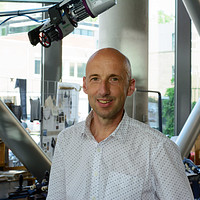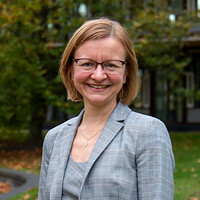Sportkeur 2.0
Recent accidents at events and around sports facilities show the need to approach sport safety in a thorough, integral way. SportKeur 2.0 focuses on developing and validating in practice an instrument to determine the risks of sports, sports facilities/ equipment and sports events in a transparent to manage, objective and unambiguous way.
Topic
Risk management, sport safety, accommodation safety, sports infrastructure, health monitoring, sports accidents prevention.
Program objectives
The (existing) solution Sportkeur 1.0 helps to map (inventory) and qualify all possible risks related to sport. This can relate to physical risks such as structural safety or fire safety, but also to social risks. In addition, it may involve risks from, for example, sports halls or playgrounds, but also sports events.
The combination of a central online environment and native apps for support in the field, including the possibility to work not only from risk protocols and checklists, but also from drawings, links with legislation and regulations and proven applications, make Sportkeur 1.0 the ideal solution.
The ambition of SportKeur 2.0 is to further develop and validate in practice the existing risk management product (SportKeur 1.0) using associated approach, originally developed around fire safety, construction supervision and occupational safety. SportKeur 2.0 can thus be used in the context of sports and sports safety for sustainable control of the risks of materials and accommodations.
Partners
Go2Sure (www.go2sure.nl), University of Twente (www.utwente.nl),
Saxion (https://www.saxion.nl), the municipality Enschede, the municipality Apeldoorn, Opfico (http://www.opfico.nl);
with the support of the Guarantee Fund for Sports, Nijha, the Municipality of Sudwest Fryslan and the Safety Region Zaanstreek-Waterland.
Duration
2020-2022
Financing
This project is financed by ZonMw.
More information

dr. ir. Wouter Teeuw
Lector Ambient Intelligence
06 - 2091 7481 [email protected] Profiel LinkedIn ResearchGate